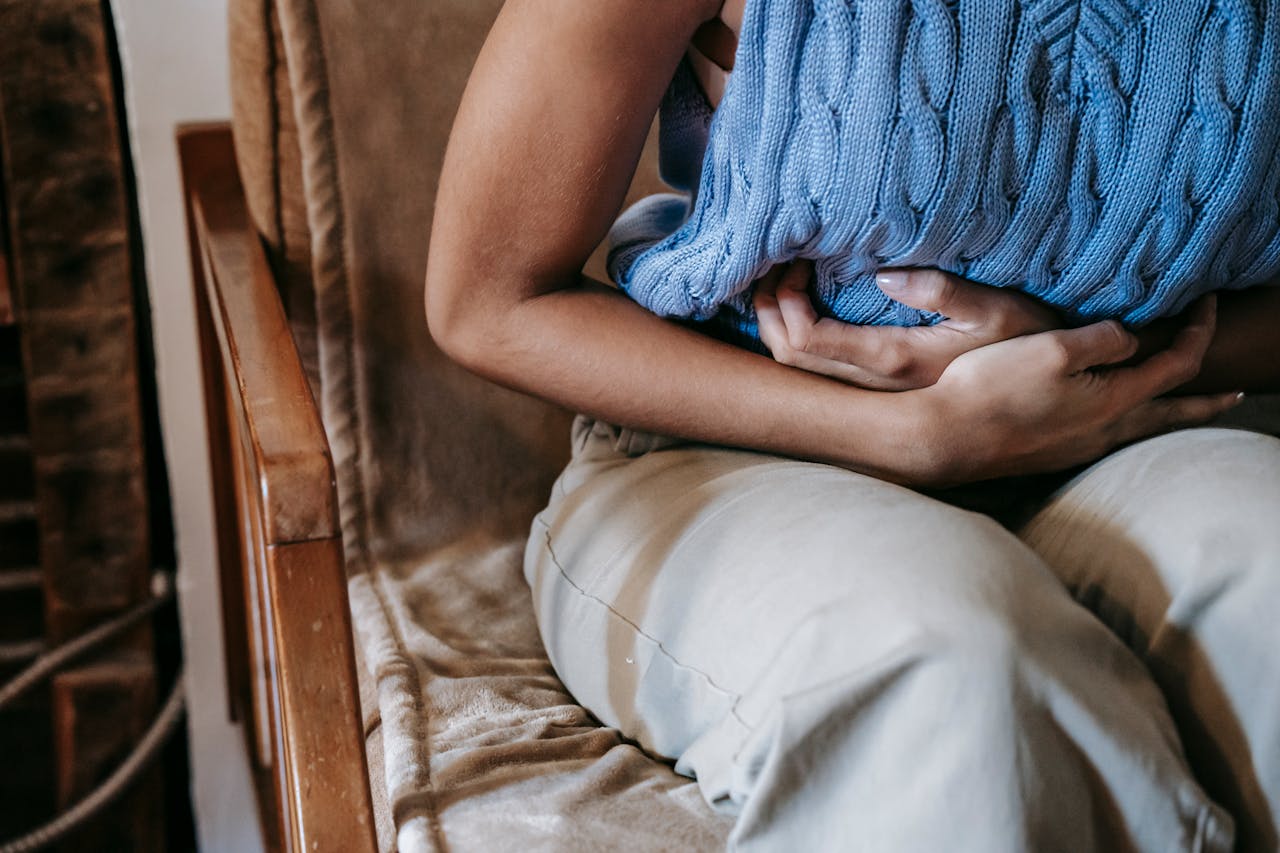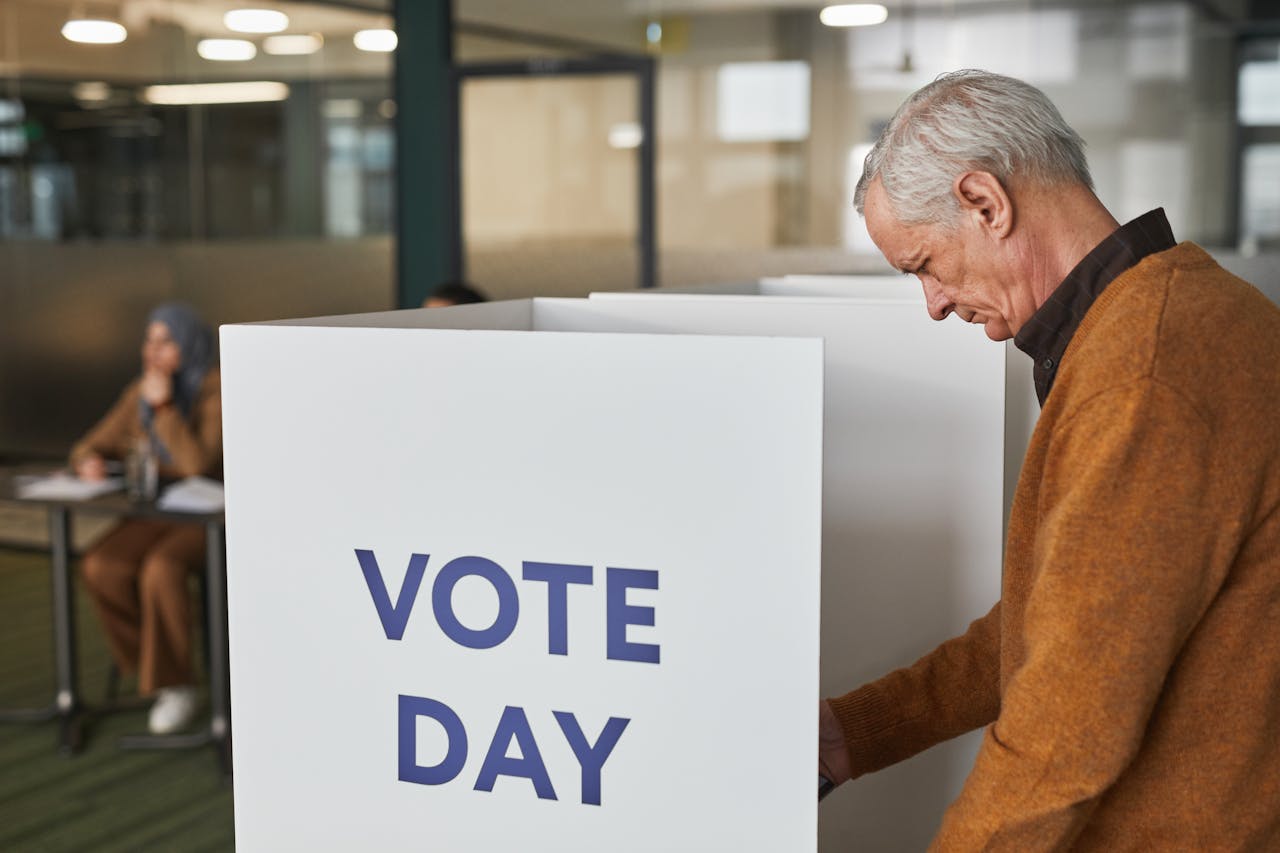Mental Health
The Mental Health Pandemic Caused By COVID19

(Photo : Photo by Emma Simpson on Unsplash)
Around the world, almost everybody has experienced the COVID19 pandemic in some way over the past eighteen months. The pandemic has had a huge impact on different aspects of our lives, with more people than ever before now seeking therapy and other types of mental health support as a result. The pandemic has even led to difficult and traumatic experiences for some, including people who have lost loved ones to the disease or have been affected by long COVID and are still suffering. Aside from the health effects, the pandemic has also had a massive impact on the world economy, with people losing jobs or facing uncertainty in their line of work as a result. Even if you have been lucky enough to not have been massively personally impacted by the COVID19 pandemic, chances are that you know somebody or know of somebody who has.
Because of the impact of the events of the past eighteen months, mental health services are in higher demand than ever before. One thing to come from the COVID19 pandemic is that an increasing number of people have begun to realize the importance of looking after their mental health and wellbeing, with many individuals having made a decision to put their mental health first more often in the future. In addition to this, an increasing number of employers are beginning to see the importance of mental health in the workplace and how feeling supported with their mental health can help employees become more productive members of the workforce. Some of the main reasons why the demand for mental health services has increased during the pandemic include:
Grief for Loss of Loved Ones:
With millions of deaths around the world from or directly related to COVID19, it may be unsurprising that one of the main reasons why more and more people are seeking therapy and support with their mental health and wellbeing is due to grief. Thousands of people have lost friends and family members, often before their time, as a result of this disease, with over one million deaths from the virus in the US alone. The COVID19 pandemic has had a devastating impact on families, which was often made even more traumatic due to the social distancing guidelines that prevented people from spending time with their loved ones in the hospital during their last hours. People who have been through a situation where they could not do anything about the fact that their loved one was in a hospital on a ventilator are understandably impacted. Coupled with limits on funeral attendees and other measures put in place to protect people during the pandemic, many individuals have found that their grief and loss have been compounded even further.
Anxiety Around Returning to Work:
With the vaccine program mainly successful and things beginning to look up, the end is in sight for many people who are eager to finally get out of the house, get back to working in the office, and spend time doing the things that they enjoy once again. However, for others, the idea of getting back to normal is causing a lot of anxiety after eighteen months of being told to stay at home, work from home, and keep six feet away from other people as much as possible. Anxiety around returning to work is a key problem today, with a high percentage of people preferring to work from home. This has not been a problem for some people, with many employers finding that remote working has actually had a positive impact on their business, leaving them willing to allow employees to work remotely for as long as they want, or even indefinitely.
If you are interested in the psychology of work, employment, and organizational behavior, consider a course from Central Christian University.
Heightened General Anxiety:
Returning to the workplace after eighteen months of working from the comfort and safety of home is not the only thing that is causing many people anxiety today. The pandemic itself has been rather anxiety-inducing for a lot of people, who may have found that they are struggling with an anxiety disorder for the first time or that an existing anxiety condition has been worsened. Continuous uncertainty about variants, public safety, and whether or not there will actually be an end to this pandemic has understandably led to more anxiety in the general public, which is one of the main reasons why people are seeking out mental health support more frequently.
Social Anxiety:
Another anxiety problem that an increasing number of people are now facing as a result of the COVID19 pandemic is social anxiety. After months of spending time at home, working from home, and simply not getting as much social interaction with others as they once would, it's not uncommon for people to feel like they have forgotten how to socialize. For people who were already suffering from the symptoms of social anxiety before the COVID19 pandemic, their condition may have gotten worse without the opportunity to get out and spend time with other people, which is often recommended by therapists and other mental health professionals as a form of exposure therapy to help people with social anxiety overcome the feelings of discomfort and fear in social settings.
COVID Anxiety Syndrome:
The pandemic has even caused a new type of anxiety for some people, known as COVID Anxiety Syndrome. This condition is characterized by symptoms that involve excessive worrying about COVID19, obsessive cleaning and sanitization, and continuing to isolate oneself from others even when it is not required. People who are struggling with COVID Anxiety Syndrome may still be staying at home and could have a hard time going out to do everyday things like go to the store, even when it is perfectly safe to do so. Researchers suggest that it's unlikely these symptoms will subside even as the virus is controlled and that they are more likely to impact people with a low threshold for uncertainty along with people who already suffer from certain anxiety disorders such as post-traumatic stress disorder or obsessive-compulsive disorder.
Depression and Hopelessness:
Months of hearing about death tolls, infection rates, hospitalizations, new variants, and all the negative news surrounding COVID19 has left many people feeling depressed and hopeless. Coupled with the need to stay at home for months at a time, an inability to spend time with family and friends, and avoiding taking part in activities that they enjoy, it's no surprise that depression rates have risen as a result of the pandemic. For some, it may feel like there is no end in sight, leading to feelings of helplessness and powerlessness that can have a huge impact on overall health and wellbeing.
Job Loss:
Another main COVID19 factor that has led to more people seeing a significant decline in their mental health is the job loss and job uncertainty that has hit some industries. At the height of the pandemic, many businesses had to close their doors indefinitely for lockdowns as people were asked to only leave their homes for essential reasons. The hospitality and entertainment industries have been extremely hard-hit along with several non-essential retail brands. For the people who were employed or owned businesses in these industries before the pandemic, job and income loss has been a main concern for them throughout. Some people suddenly found themselves out of a job or without a way to make an income as lockdowns were put in place throughout the world.
Evictions and Homelessness:
With job losses and businesses no longer able to make money, there was also an increase in the number of evictions and people becoming homeless as a result of the pandemic. Some people were left unable to continue paying their rent or mortgage due to the fact that they were no longer able to work as normal because of COVID19 restrictions. While some had understanding landlords who were able to help, others were turfed out of their homes due to being unable to earn the income needed to cover payments through no fault of their own. Many people have had to start all over again as a result of the pandemic, which has understandably had a huge impact on their mental health and wellbeing.
Debt:
Debt is another serious problem that some people have found themselves in as a result of the pandemic. With job losses rife and many people left without an income to make their rent or mortgage payments and cover other essential expenses, some people have had no choice but to borrow money in order to get by. While a manageable level of debt is not usually a problem for the majority of people, being in debt that you are struggling to repay due to a low or no income or being in a high level of debt can be mentally taxing for anybody. Medical debt has also become a bigger concern for many people throughout the pandemic, which has heightened levels of financial and general anxiety and led to other mental health concerns such as depression.
Social Isolation:
Throughout the COVID19 pandemic, especially during the worst parts of the crisis, the main message was to stay at home as much as possible and only leave for essential things. For many people, this led to a situation where they were unable to spend time with family or friends. Social isolation may have been necessary throughout the pandemic to protect our physical health, but it has come at a cost of the mental health of many people. Along with a higher risk of depression, anxiety, and other mental health concerns, social isolation has been proven to cause a higher risk of several physical ailments including heart disease.
Job Burnout:
While some people may be experiencing issues with their mental health as a result of losing their job or facing uncertainty around their employment, others are dealing with the opposite problem. For essential workers during the pandemic who were needed to keep everything running smoothly, job burnout is an issue that is impacting the mental health and wellbeing of many. This is especially noticeable in the healthcare industry, where professionals such as nurses and doctors have worked harder than ever in the midst of a shortage of professionals, equipment, and more to keep their patients safe and cared for.
Hate Crimes:
Hate crimes have also sadly increased as a result of the pandemic, particularly against Asian-American individuals. People from Asian backgrounds have been subjected to abuse and violence since the pandemic began, which has led many of them to fear for their safety and the safety of their families and loved ones. For Asian-Americans, this has often had a huge impact on mental health and wellbeing as not only do they have the same concerns and worries as everybody else regarding the pandemic, but many have been left feeling scared to leave their homes due to the additional fear of being attacked or racially abused when going about their daily lives.
Relationship Trouble:
The pandemic has also had a big impact on our personal relationships. Some couples found that lockdowns and stay at home orders have enabled them to strengthen their relationship, with the opportunity to spend more time together allowing them to improve communication and focus on intimacy more often. However, on the other hand, some couples have experienced a breakdown of their relationship due to COVID19. The stress and anxiety that has been caused by the pandemic has left a lot of relationships under a lot of strain, along with couples spending so much time together during lockdowns that they may have been unable to get away for some personal space to gather their thoughts and feelings.
The COVID19 pandemic has led to a mental health pandemic around the world. Grief, anxiety, depression, and the impact of the crisis on jobs, homes, finances, relationships, and more has led to a massive increase in people around the world who are seeking help and support with their mental health.
* This is a contributed article and this content does not necessarily represent the views of counselheal.com









Join the Conversation